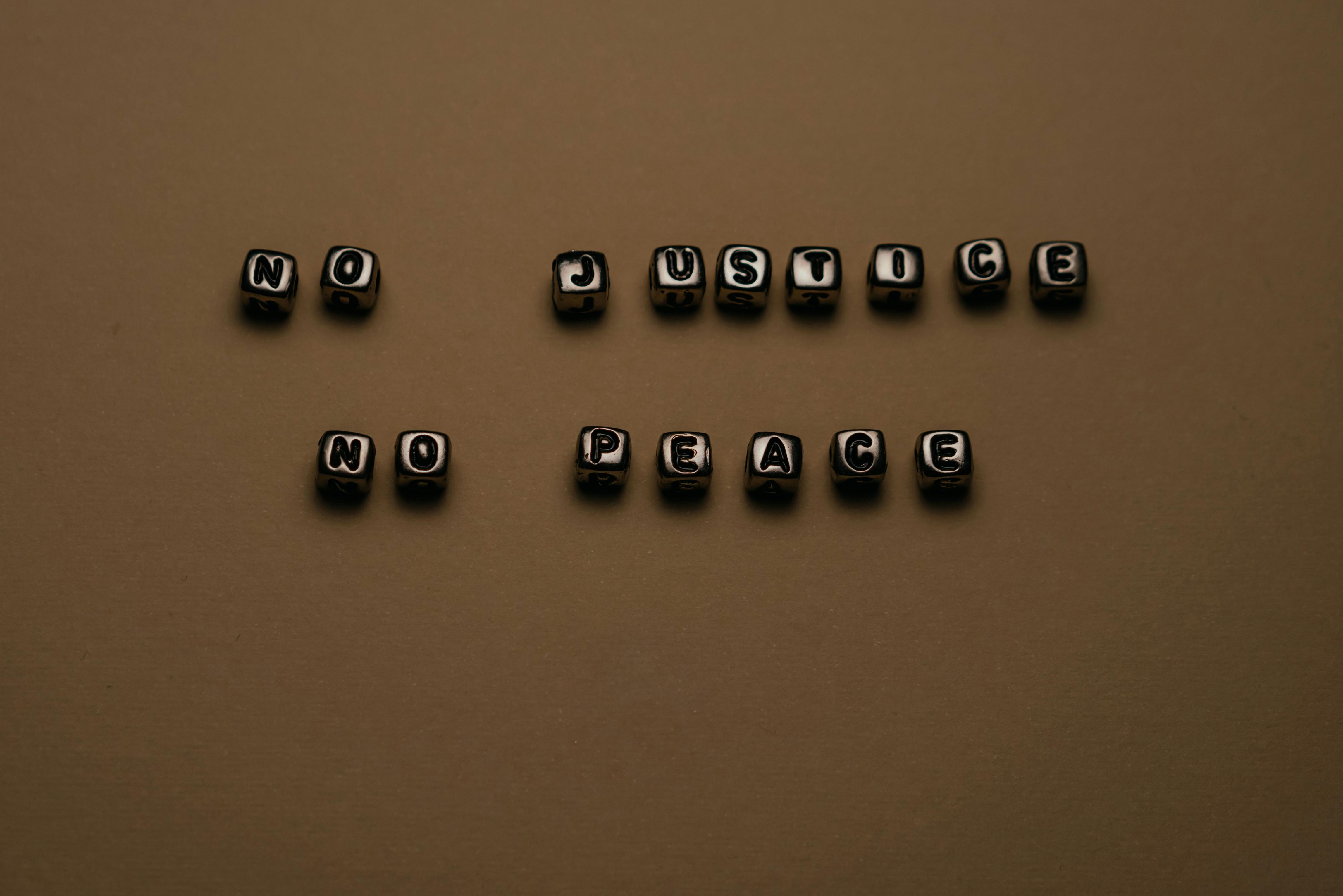The Global Gag Rule
America has always seen itself as the land of the free. A place where it is believed that everything and anything is possible and where, regardless of color, gender or religion, a human being has the right to have control over his body, his thoughts and his beliefs.
However, certain rules and laws continue to baffle us and challenge these basic notions, rules and laws that reflect the complete opposite of what America prides itself on. One of the most significant aberrations is the Global Gag Rule.
In 1984, the US administration headed by President Reagan placed restrictions on US funding for international family planning organizations. The ‘Mexico City Policy’, better known as the Global Gag Rule, meant that foreign NGOs were barred from receiving US funding if, with their own funds and even in accordance with the laws of their own countries, they actively performed or promoted abortion as a form of family planning. This sentence ‘abortion as a form of family planning’ was interpreted as all abortions and therefore, in order to continue receiving funding, NGOs were forced to stop the following:
Provide legal abortions, even in cases where the physical or mental health of the woman is in danger (the only exception is in the case of rape, incest or when the life of the woman is in danger);
Provide abortion counseling;
Lobby governments (including your own) to change abortion laws or to decriminalize abortion;
Provide public education about abortion;
Provide any related services even from your own private funds.
President Clinton rescinded the rule, but when George W. Bush took office in January 2001, he directed the United States Agency for International Development (USAID) to reinstate all requirements of the Mexico City Policy in full. This meant that non-governmental agencies were forced to suspend any work that would jeopardize their US funding and to stop providing services allowed by the rule under the Regan administration, such as life-saving abortions, treatment for bleeding after unsafe abortion, and even emergency contraception. With more than 70,000 women dying each year from unsafe abortions, a number that could be greatly reduced with the right health information, services and legal reforms, the implications of this new global gag are extremely worrying.
Other effects of the gag include the denial of vital funding to local family planning agencies in other countries if they provide family planning and abortion, even though, in many cases, these agencies are the only source of family planning and reproductive health care services in the region. This applies in particular to underserved, mainly rural areas, where the imposition of the Global Gag Rule means a decline in women’s ability to access pregnancy-related care, family planning, and services for sexually transmitted diseases, including HIV/AIDS. Thus, the global gag rule disproportionately harms poor women for whom family planning services are out of reach without publicly funded programs. In effect, it widens the gap between rich and poor by making health care a privilege of the rich.
Most organizations, including WOMANKIND, do not advocate abortion as a method of birth control. Furthermore, they feel that given the proper information and contraceptive methods that women need to plan their pregnancies, most women are unlikely to terminate a pregnancy. However, they do believe that women should have the right to control their own bodies and health, have access to information about their emotional and physical health, and if the pregnancy is unwanted, the woman should have the right to abortion. Rape, forced sexual intercourse and contraceptive failure are not unusual events in many women’s lives and they should not be made to suffer the consequences of these unwanted events.
What is interesting, however, is that the Global Gag Rule does not apply to any US organization that receives funding, because this would be an unconstitutional restriction on free speech in the United States. Why then should it apply to other countries? Isn’t this hypocritical? Human rights organizations argue that by preventing health care organizations from lobbying and speaking out publicly, the Global Gag Rule undermines their right to exercise free expression. It is also undemocratic to limit foreign health groups in the activities they carry out when in the organizations’ own country these activities are permitted and legal. Furthermore, it makes women’s private decisions about motherhood subject to the public and political domain.
So why does the United States feel it has the right to impose such restrictions on foreign countries, and thereby undermine their sovereignty, when it clearly does not and cannot do so in its own country? Forcing an NGO to choose between fighting for the freedom and rights they believe in or giving up their freedom of expression to receive vital funds goes against what the United States claims it ultimately stands for. It seems that free speech ends at the US border. Well, human rights have no borders.
